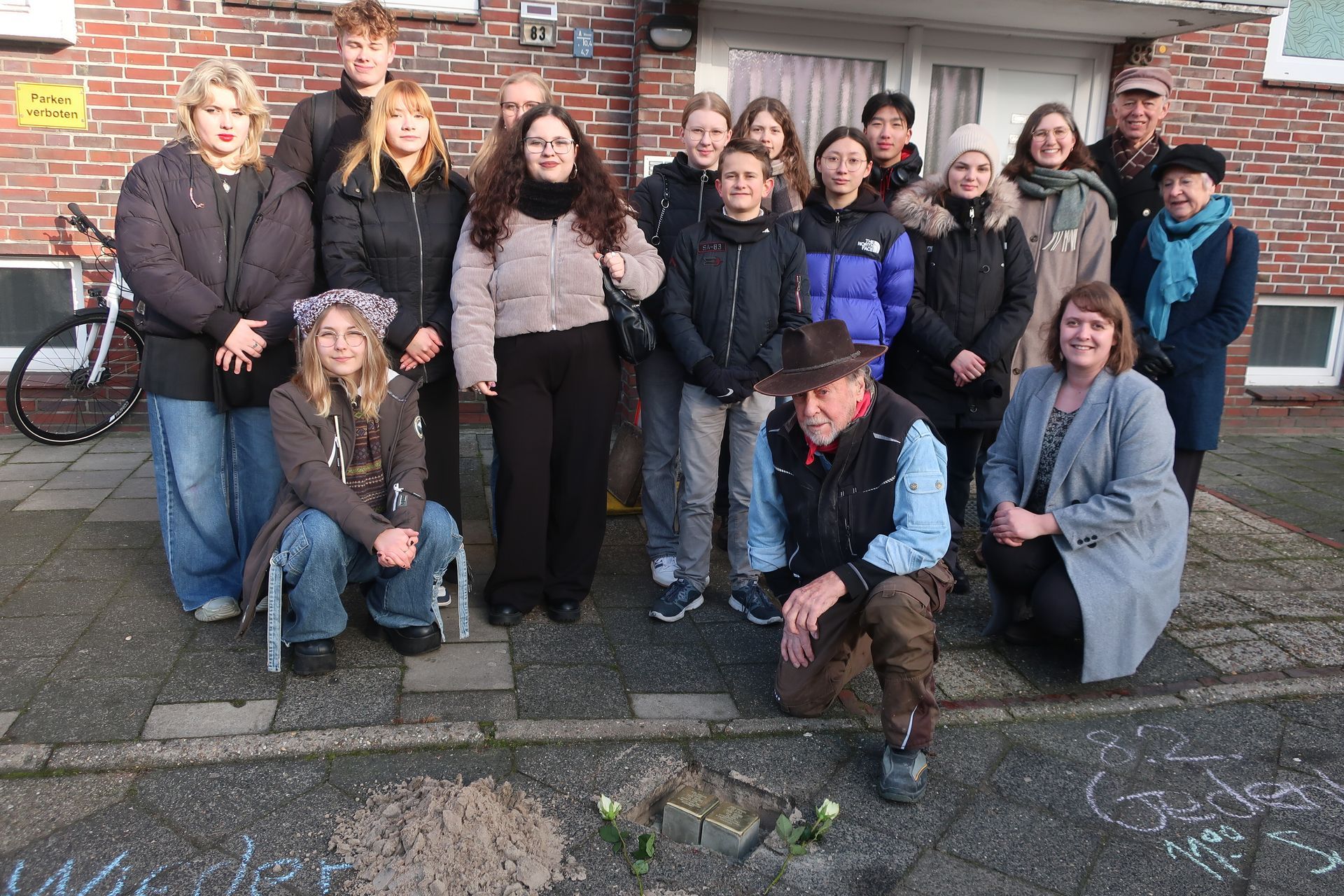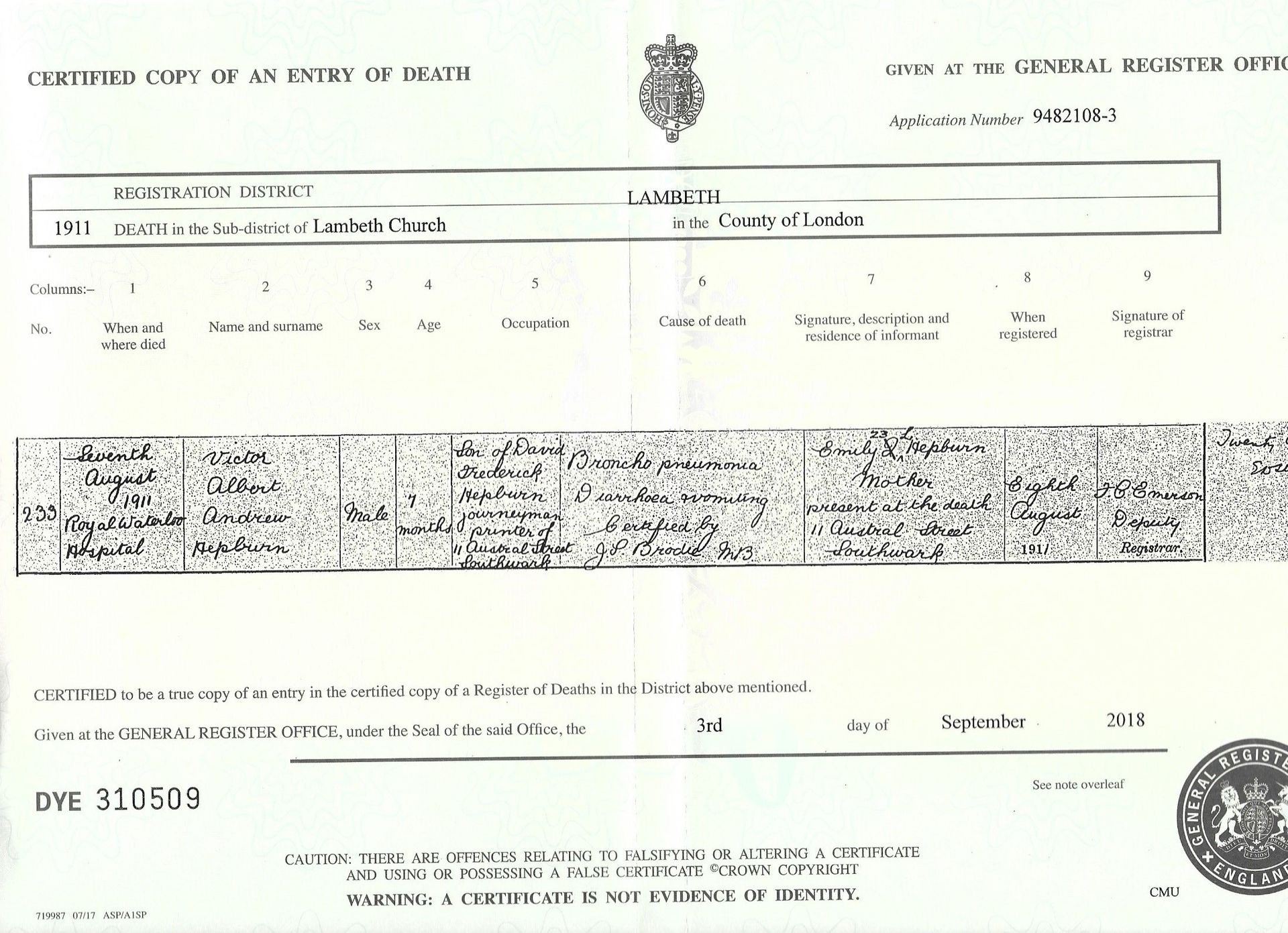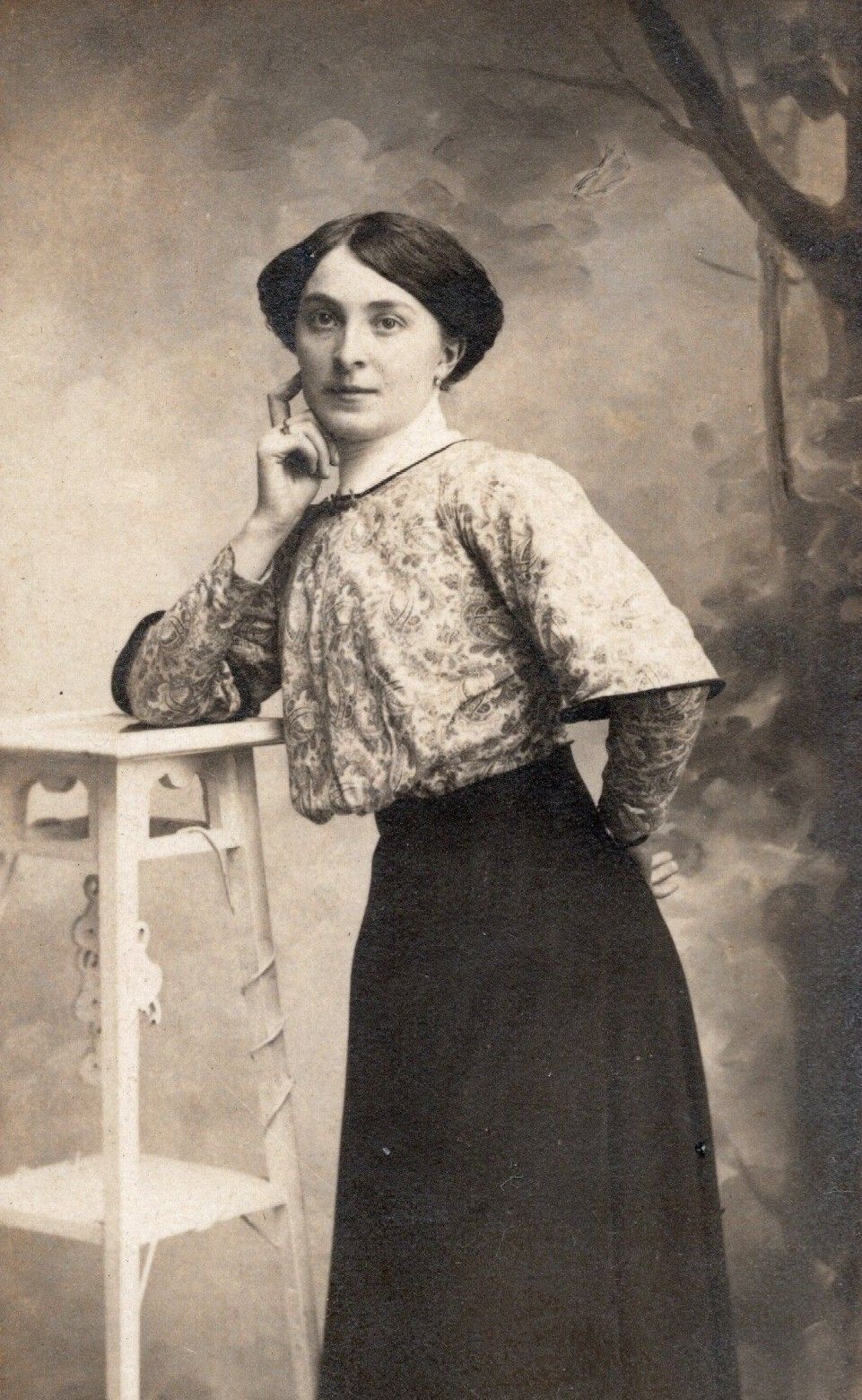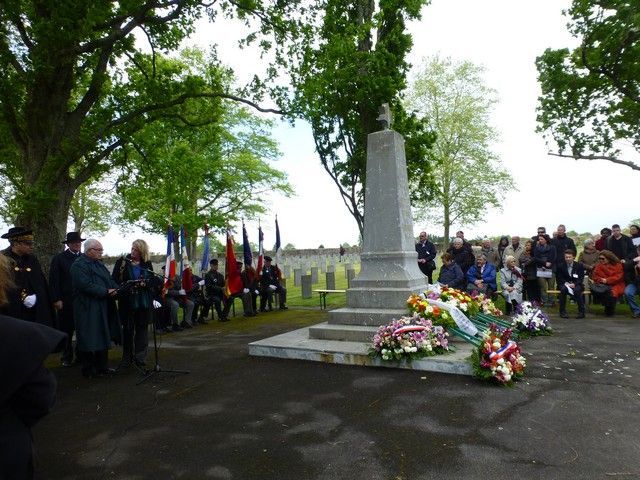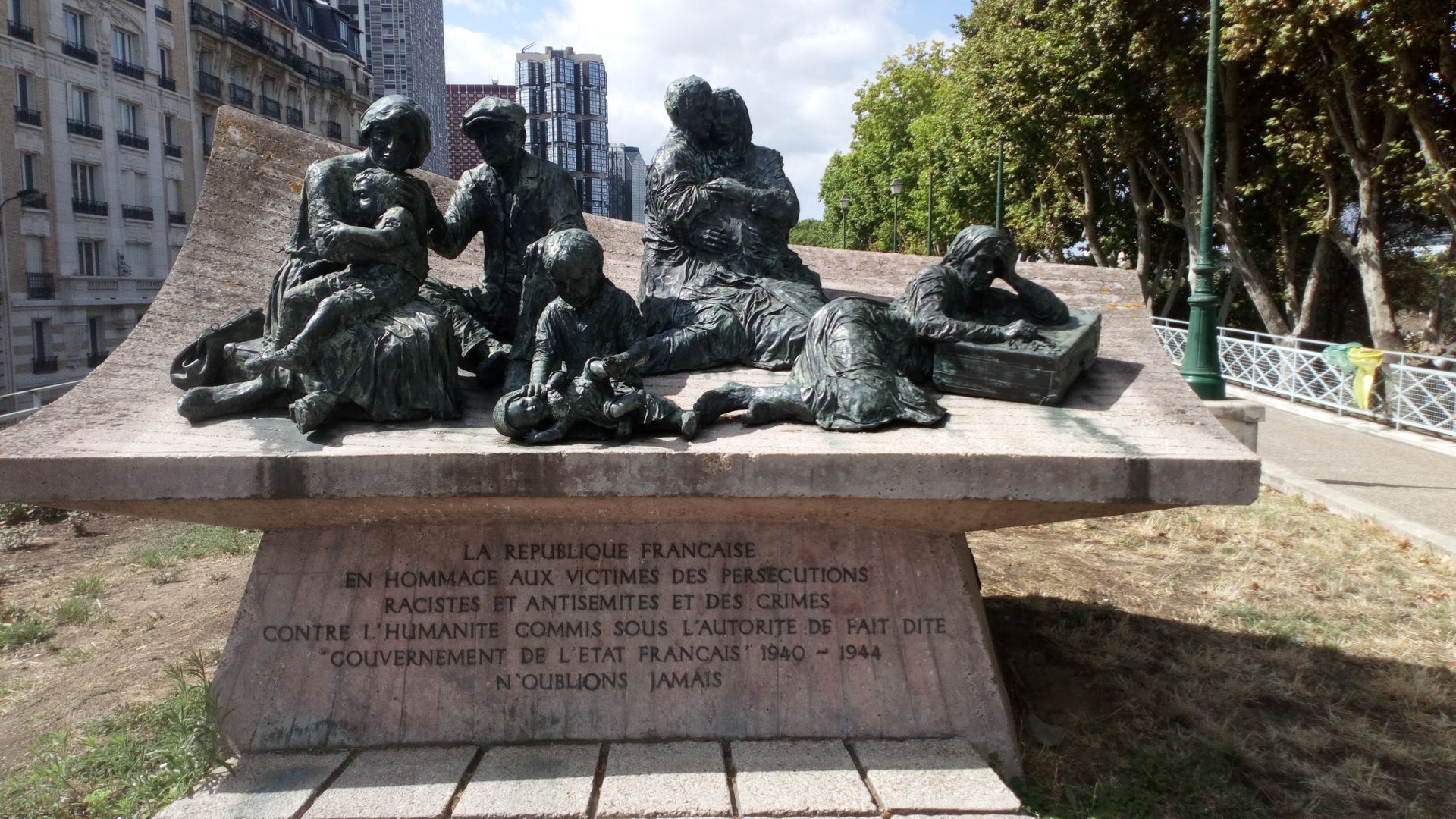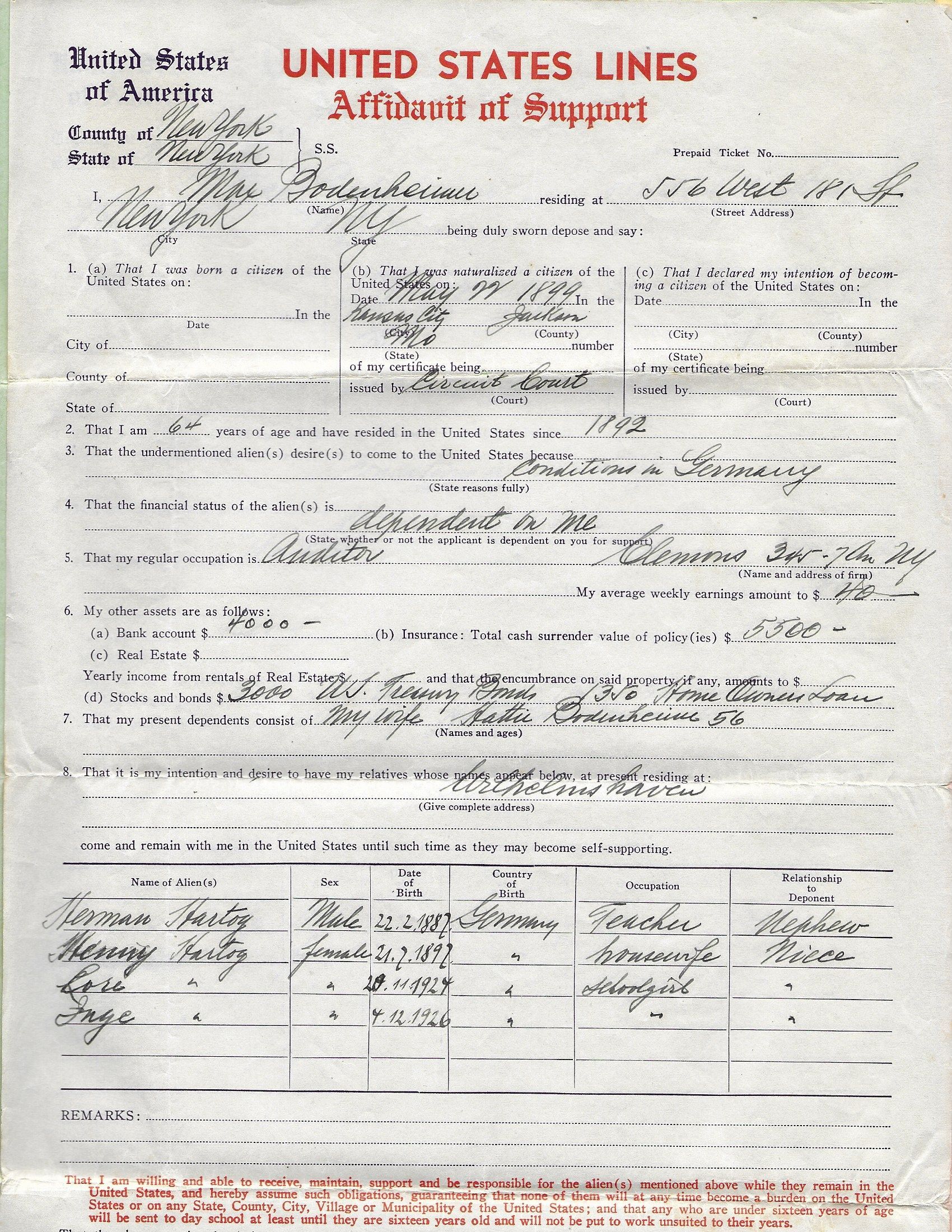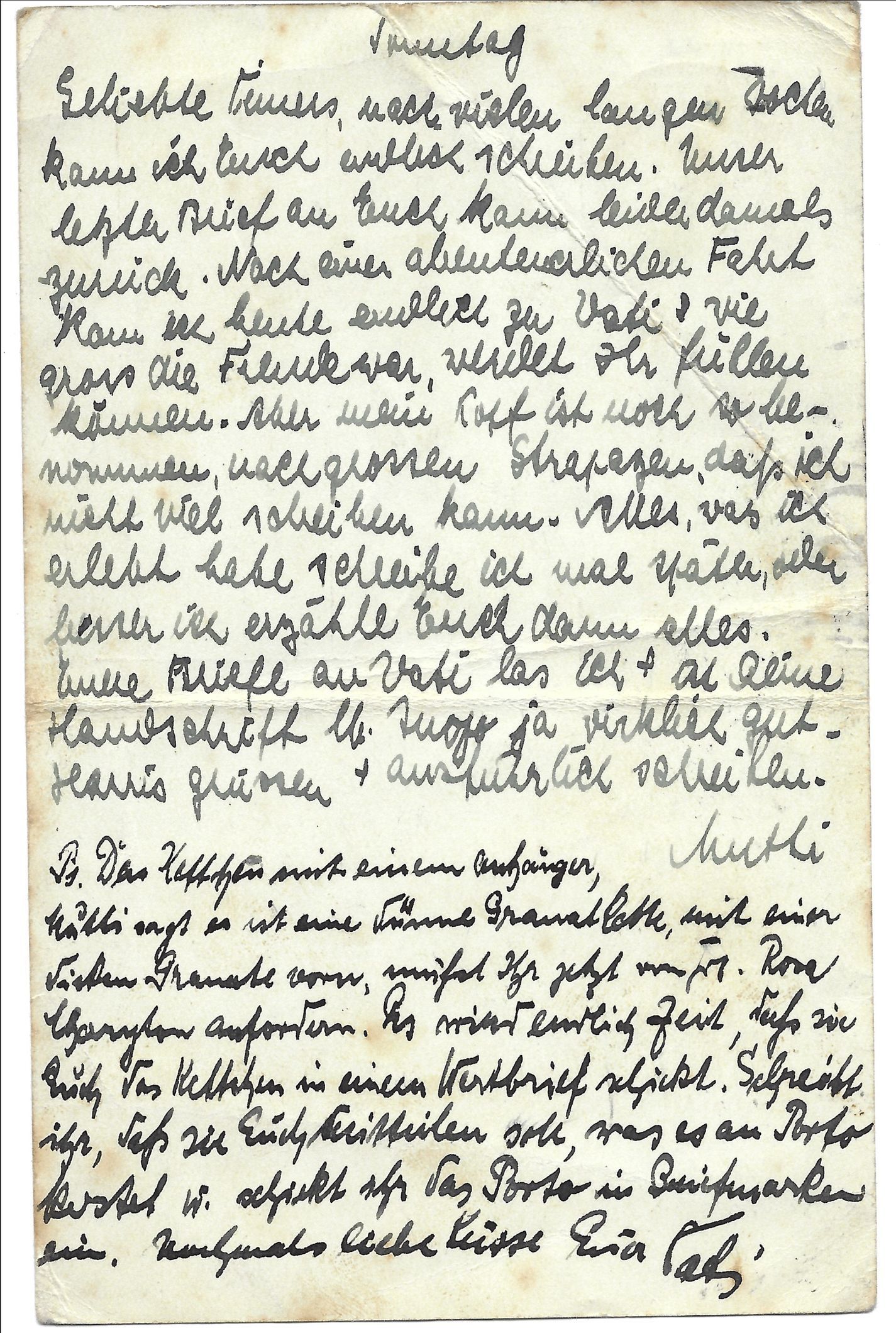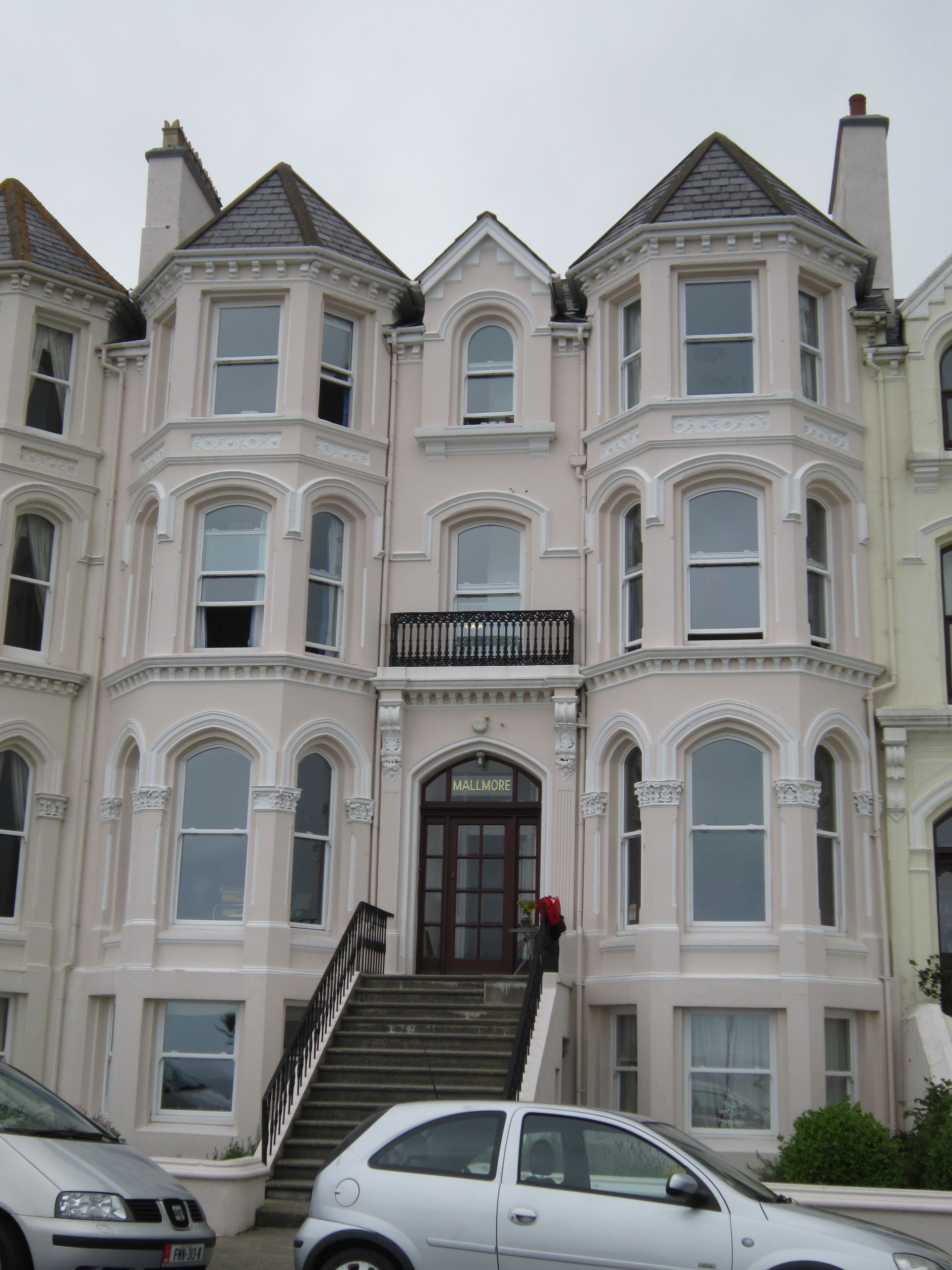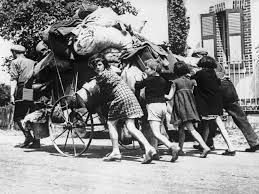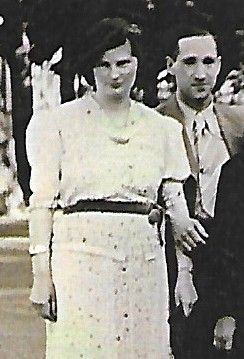Oskar Hartog dies of a heart attack at Lodz
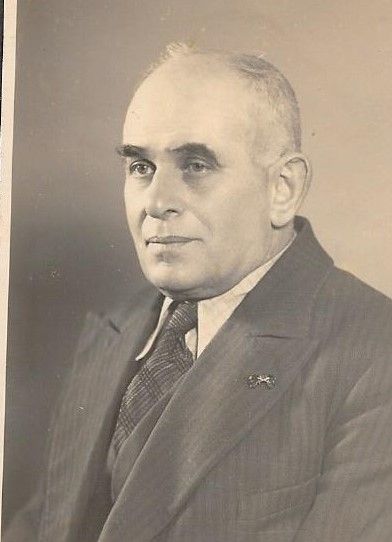
Letter from Sara Hartog to some relatives:
26 Gnesener Strasse, Łódz
New Year's Day 1942
Dear Wolff Family,
I hope you are all fine. We are healthy so far. Only Oskar had a heart attack last week but thank God he passed away quickly.'
Sara and Oskar Hartog were brother and sister, and older siblings of Hermann Hartog. In early 1940, they - together with their elder sister, Berta - had been taken from their home in Aurich, via a stay in an 'old people's home' in neighbouring Emden, to another 'old people's home' in Gnesener Strasse at Łódz in Poland, almost a thousand kilometres east of the place where they had lived all their lives.
Łódz was a ghetto for Jewish people who were taken 'east' towards the killing fields of the Nazis. Many of the people deported there were fairly elderly. At the end of 1941, when Oskar died, he was 64 years old, Sara was 66, and Berta was 69 years old.
The letter that Sara wrote was never sent, but was put to one side by those in charge of the 'old people's home'. However, it was recorded in the administrative files and was eventually discovered by students from Emden who visited the archives at Łódz in 2016.
Sara and Berta did not survive Łódz. On 12 February 1942, Sara was taken thirty kilometres north-west of Łódź to Chelmno, where she was murdered. Three months later, on 12 May, Berta was also taken to Chelmno and murdered there.
Oskar was an extraordinary man. When he was 11 years old, his father died. The butcher's business that Philip Hartog had run successfully in Aurich had been in the family for many years and Oskar's mother helped him to learn the business and continue that tradition. Two years later, his mother also died, and Oskar – aged 13 – was then in sole charge of the family business.
Oskar ran such a successful butchers' that when the Nazis tried to enforce a boycott of Jewish businesses in 1933, Oskar's non-Jewish customers continued to shop with him and refused to boycott the Hartog business. The local police chief was enraged and recommended that Oskar be arrested and put in a concentration camp.
Oskar held high-profile positions in the local merchants' guild, which (prior to 1933) ran smoothly with both Jewish and non-Jewish participation. He was also involved in the Jewish youth organisations - especially those that supported young people continuing with their education and becoming teachers. He and his sisters did not marry – instead saving their money to enable their younger brother, Hermann, to go to college and train as a teacher.
He would not be cowed by Nazi officialdom and propaganda. When German troops were mobilising in the summer of 1939, he deliberately visited the railway station where they were mustering and walked up and down the platform behaving, it was alleged, 'offensively' and 'displaying a strikingly provoking behaviour'. He was arrested and imprisoned.
Oskar Hartog is remembered in his home town of Aurich with a Stolperstein outside his home, which is the obituary he never had.
(the photo is Oskar Hartog in 1939)
